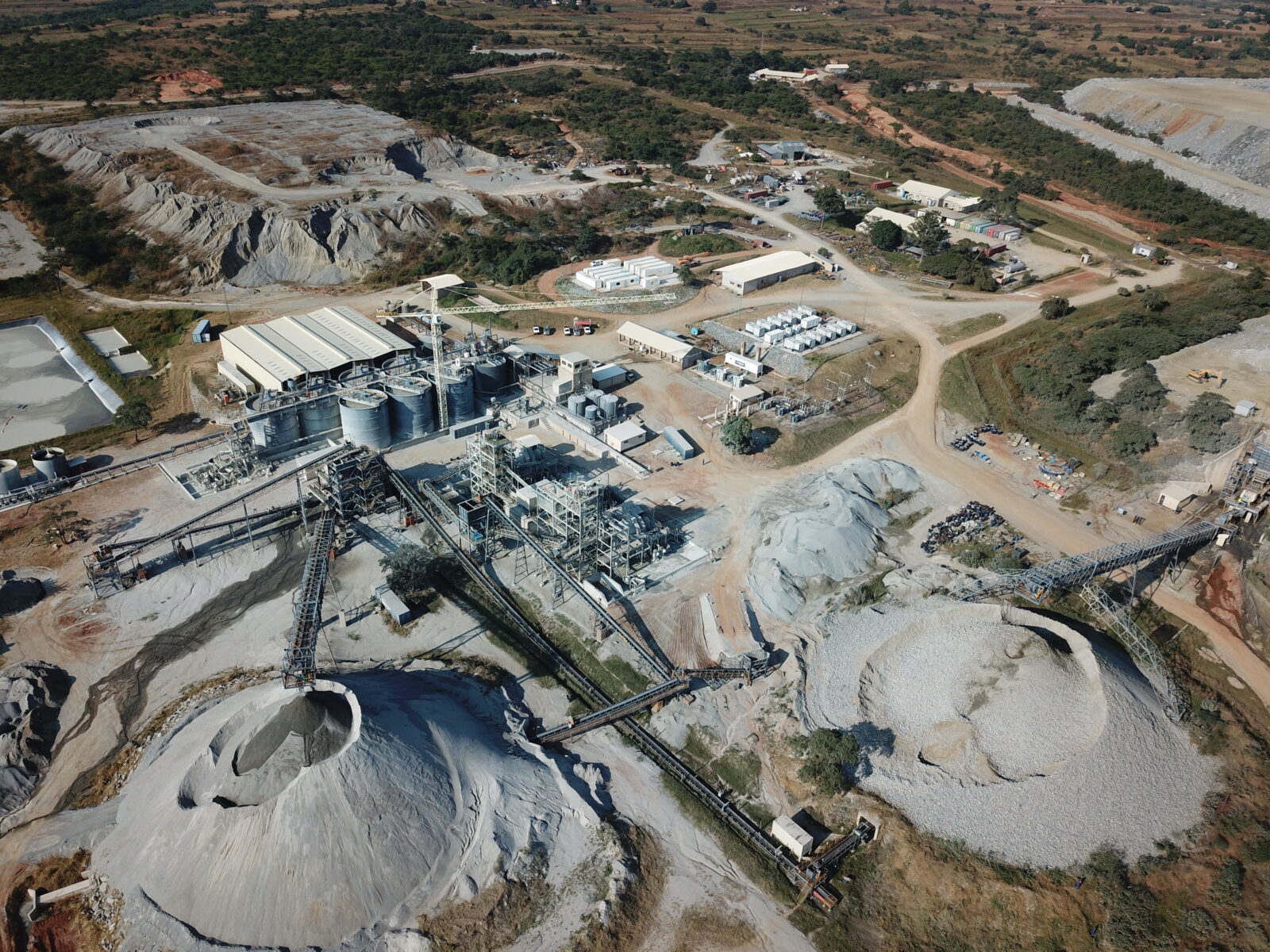How the public benefits from Mining in Zimbabwe

One of the most common comments on the Mining Zimbabwe platform is “is Mining benefitting the country and its people?
While it is true that the environmental impact of mining activities is a concern, it is equally important to acknowledge the numerous socioeconomic advantages that mining brings to the public. From job creation and economic growth to improved infrastructure and technological advancements, mining offers astounding benefits that positively impact communities and entire nations.
In this article, Mining Zimbabwe sheds light on some of the key ways in which the public benefits from mining in Zimbabwe.
Job Creation and Economic Growth
Mining operations provide a substantial number of direct and indirect employment opportunities. These jobs encompass a wide range of positions, including mine workers, engineers, geologists, technicians, truck drivers, and more. Alongside these direct mining jobs, various supporting industries such as manufacturing, construction, logistics, and retail also thrive thanks to the demand generated by the mining sector. Media organisations like Mining Zimbabwe are also beneficiaries of the Mining Industry.
The resultant job creation not only bolsters the economy but also improves living standards. It empowers individuals to provide for themselves and their families, reducing unemployment rates and promoting overall economic stability. In turn, increased disposable income boosts consumption, further stimulating local businesses, and contributing to Zimbabwe’s economic growth. A good example is how Dallaglio’s revival of the Eureka Gold mine breathed life into the otherwise lacklustre town of Guruve.
Post-2000 has also seen the emergence and rise of Artisanal and Small-scale mining (ASM). It led to the formation of the Zimbabwe Miners Federation (ZMF), an organisation representing the ASM industry. It is the country’s biggest mining body with over 1.5 million members according to its website. This makes mining one of the biggest employers in the country with its membership making 100% remuneration in the much more stable us dollars.
Taxation and Government Revenue
The mining industry in Zimbabwe represents a significant contributor to the country’s tax income, which strengthens government finances and enables investment in various public services. Taxes associated with mining operations can include corporate income tax, royalties, and contributions to social programs. This revenue is crucial for funding education systems, healthcare services, infrastructure development, and other vital public projects. Consequently, mining facilitates the provision of better public facilities, improved healthcare access, and enhanced educational opportunities for citizens.
Infrastructure Development
Mining activities necessitate the development of essential infrastructure, including road networks, railways, ports, and power supply systems. These infrastructural developments not only support mining operations but also create vital transportation links, facilitating regional connectivity and accessibility. Improved transportation infrastructure benefits the public by enhancing trade, reducing logistical costs, and opening up previously isolated regions. Improved mining investments could be partly the reason why we have been seeing a reconstruction of major Highways like the Harare – Beitbridge road. Moreover, mining companies, as part of their social responsibility, often invest in community development projects such as schools, hospitals, and clean water initiatives, positively impacting local populations. ZIMPLATS a platinum giant owned by Impala Platinum has been leading in the construction of Clinics, Schools, roads and many others as part of its Corporate Social Responsibility (CSR).
Skills Development and Technological Advancements
Mining demands a diverse range of technical expertise. It provides ample opportunities for skills development and knowledge transfer. Mining operations require specialized training in engineering, geosciences, metallurgy, and environmental sciences, among others. By investing in training and education, mining companies contribute to the creation of a highly skilled workforce that can be utilized across various industries, driving economic diversification and innovation.
Furthermore, mining activities foster technological advancements. Mining companies invest heavily in research and development to enhance operational efficiency, minimize environmental impacts, and improve safety protocols. Such advancements often find wider applications beyond the mining sector, positively influencing other industries and further benefiting the nation as a whole.
Despite the valid concerns about environmental impact especially in the ASM sector, there is no denying that mining brings significant benefits to the public in Zimbabwe and many other countries. Job creation, economic growth, improved infrastructure, and technological advancements are just a few of the many advantages that mining operations offer.
While Zimbabwean communities (where mining is taking place) are now demanding a fixed percentage to be paid directly to them a lot still needs to be done to educate the public on how they benefit from mining.
While mining has grown since 2017, it is crucial to note that we have barely scratched the surface therefore on its Mining cannot sustain the economy of Zimbabwe.



